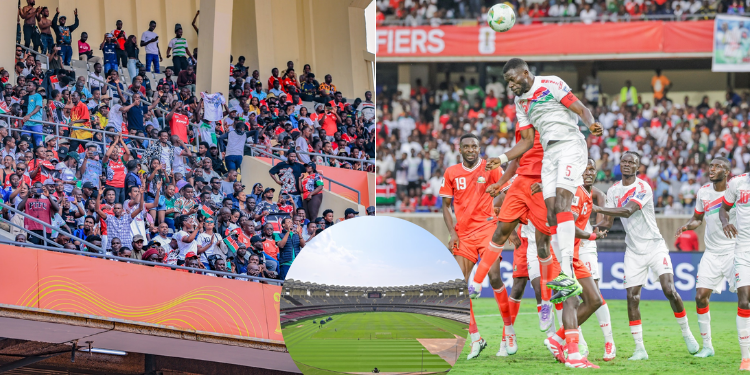Kenya’s sporting calendar in 2025 has been marked by a series of historic milestones, with athletes and teams recording notable wins on the international stage while the government pushed through key infrastructure projects to boost the sector.
The highlight came when the national football team, Harambee Stars, qualified for the African Nations Championship (CHAN), rekindling hopes of Kenya’s return to continental football glory.
The Stars made history at CHAN, reaching the quarterfinals in their inaugural campaign. It was a journey of resilience, passion, and national pride — one that will live long in the memory of Kenyan football.
Kenya announced its arrival on the CHAN stage with a 1-0 victory over DR Congo in the opening match.
Kenya Records Big Wins in CHAN, Tokyo Athletics, and Rugby Circuit
In their second game, ten-man Kenya showed immense grit to hold Angola to a 1-1 draw in a dramatic Group A clash.
The third group match was another test of spirit. Reduced to ten men yet again, the Harambee Stars delivered a spirited performance to beat Morocco 1-0.
The Stars concluded their Group A campaign at the 2024 CHAN in style, defeating Zambia 1-0 at the 48,000-seater Kasarani Stadium.
Athletics, the country’s traditional strength, also shone as Kenyan runners dominated middle- and long-distance events in major global competitions.
Peres Jepchirchir claimed gold in the women’s marathon at the World Athletics Championships Tokyo 2025 on Sunday, September 14, outsprinting Ethiopia’s Tigist Assefa in a thrilling homestretch battle.
The Olympic champion weathered a strong challenge to stop the clock at 2:24:43, with Assefa finishing two seconds later in 2:24:45.
Beatrice Chebet added another highlight, winning the women’s 10,000 metres title at the championships on Saturday, September 13. Chebet, the world record holder in both the 5,000m and 10,000m, clocked a winning time of 30:37.61 to secure the first track gold of the meet in Tokyo.
Also Read: List of Countries That Have Qualified for World Cup 2026
Kenya Sevens rugby bounced back with strong performances on the World Rugby Sevens circuit.
Kenya’s men’s team, Shujaa, and the Lionesses have both secured their places in Division 2. Shujaa achieved this after defeating Canada 24-5 in a tense playoff, while the Lionesses stunned South Africa 17-14 to punch their ticket.
The Kenya Rugby Union (KRU) officially submitted a bid to host a leg of the World Rugby Sevens Series Division 2 at the beginning of this month, a move that could see Nairobi welcome the global spectacle for the first time.
If successful, the event would mark a huge milestone in Kenya’s rugby history and inject fresh energy into the sport locally.
The 30,000-seater Nyayo National Stadium, which underwent major renovations ahead of CHAN 2024, has been proposed as the host venue.
Kenya Host CHAN 2024
Kenya’s co-hosting of CHAN unleashed a rare surge of collective pride. Nyayo Stadium and Moi International Sports Centre, Kasarani, were packed to capacity as fans draped in national colours roared in support of Harambee Stars and other teams.
The jubilant chants that echoed across Nairobi underscored one truth: sports hold an extraordinary power to unite a nation.
In those moments, Kenyans set aside political, ethnic, and economic divides to cheer as one people — a reminder of the unique ability of sport to bring unity in ways that politics and policy rarely can.
At home, the sports landscape was transformed by the completion and refurbishment of major stadiums, including Moi International Sports Centre (MISC), Kasarani, Nyayo, and Kipchoge Keino Stadium, which are now ready to host international tournaments.
These projects are part of wider government investments in infrastructure, training facilities, and athlete welfare.
Also Read: VAR and Other New Features in Refurbished Kasarani and Nyayo Stadiums
Stadium Upgrade Takes Shape Ahead of 2027 AFCON
Currently taking shape at Jamhuri Grounds along Ngong Road is the ultramodern Talanta Sports City, the first purpose-built international-standard stadium Kenya has undertaken in over four decades.
The Ksh 44.7 billion project, whose groundbreaking took place on March 1, 2024, is scheduled for completion in December 2025. With a capacity of 60,000, it has already been earmarked to host Jamhuri Day celebrations and will play a central role in Kenya’s co-hosting of the 2027 Africa Cup of Nations (AFCON).
Talanta Sports City is designed not just as a stadium but as a multipurpose complex set to redefine Kenya’s sporting landscape.
Built to FIFA and CAF standards, it will feature Video Assistant Referee (VAR), goal-line technology, world-class broadcasting facilities, and integrated digital systems to enhance fan experience, security, and event management.
Beyond football, the stadium will be adaptable for rugby and elite concerts, with underground and surface parking for 3,000 vehicles to ease access during major events.
Beyond Nairobi, counties are also benefiting from stadium upgrades. There are ongoing works at Ithookwe Stadium in Kitui County, a model of the administration’s infrastructure drive.
The facility, currently 80 percent complete, is being fast-tracked to host this year’s Mashujaa Day celebrations on Monday, October 20, with roofing and final touches expected to be completed in time for the national holiday.
In Migori, construction is underway for a 10,000-seater stadium valued at Ksh 700 million, while Homa Bay’s Raila Odinga Stadium was recently expanded to the same capacity.
Bukhungu Stadium in Kakamega is undergoing the second phase of expansion, while Kirigiti Stadium in Kiambu and Kipchoge Keino Stadium in Eldoret are also part of the nationwide upgrade programme.
Masinde Muliro Stadium in Bungoma is currently under construction, with the first phase set to accommodate 5,000 seats, an indoor hall, changing rooms, first aid rooms, and offices for the Bungoma County Government.
Upon completion, the stadium is projected to have a maximum capacity of 20,000, making it one of the largest in the western region of the country alongside Bukhungu Stadium.
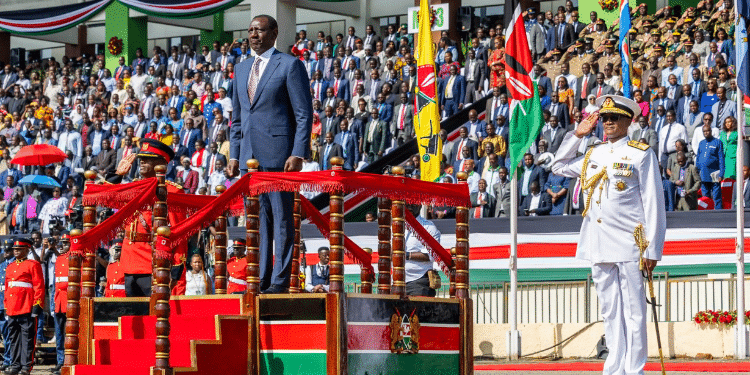
Huge Prize Rewards for Athletes
In addition to infrastructure, athletes are set to benefit from increased rewards. President William Ruto’s administration announced a major increase in cash prizes this year, raising payouts by up to 400 percent.
Olympic gold medalists now receive Ksh 3 million, up from Ksh 750,000, while silver winners earn Ksh 2 million, up from Ksh 500,000.
Bronze medalists take home Ksh 1 million, up from Ksh 350,000.
In team sports, each player now receives Ksh 750,000 for gold, Ksh 500,000 for silver, and Ksh 375,000 for bronze — up from as little as Ksh 50,000 previously.
The Ministry of Sports has already scheduled payouts amounting to Ksh 55 million for recent events, alongside an additional Ksh 15 million for record-breaking performances.
Additionally, the Awards and Recognition Committee, under Sports Cabinet Secretary Salim Mvurya, will also approve winning bonuses of up to Ksh 2.5 million for teams and athletes who secure qualification for major championships.
The economic impact of sports is also significant. Major tournaments generate revenue for hotels, restaurants, transport services, retailers, and the creative industry.
They create jobs for coaches, referees, physiotherapists, kit suppliers, and media producers. They also project Kenya’s brand on the global stage, offering a form of diplomacy that few other sectors can match.
Follow our WhatsApp Channel and X Account for real-time news updates.
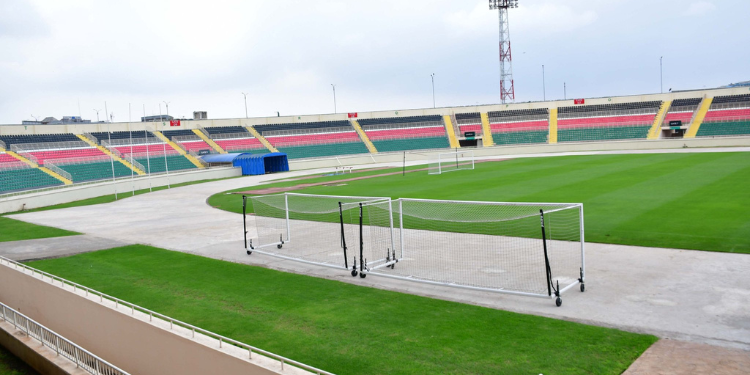

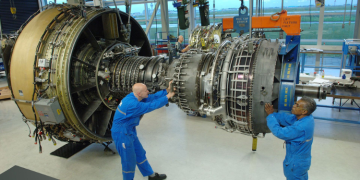
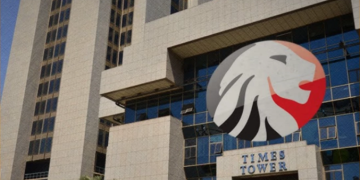
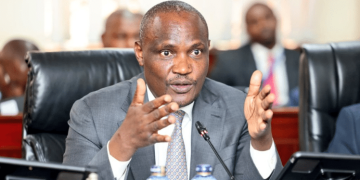




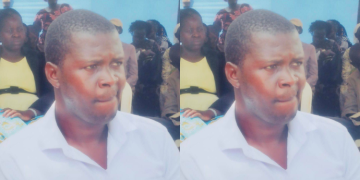







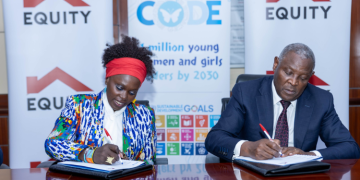



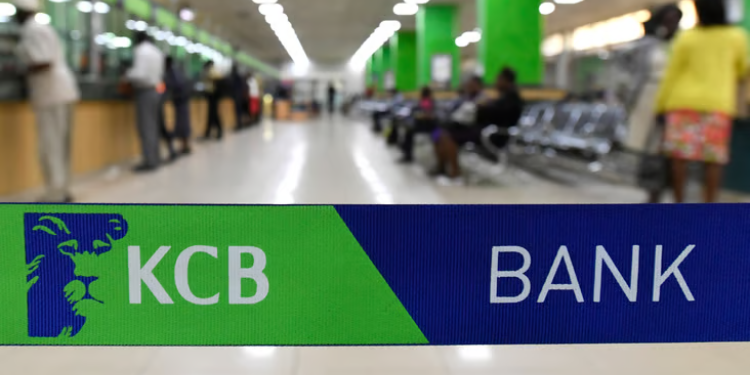
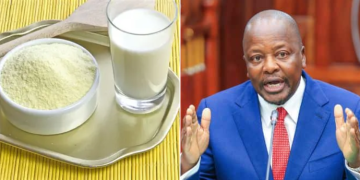


























![Senator Allan Chesang And Chanelle Kittony Wed In A Colourful Ceremony [Photos] Trans Nzoia Senator Allan Chesang With Channelle Kittony/Oscar Sudi]( https://thekenyatimescdn-ese7d3e7ghdnbfa9.z01.azurefd.net/prodimages/uploads/2025/11/Trans-Nzoia-Senator-Allan-Chesang-with-Channelle-KittonyOscar-Sudi-360x180.png)




















